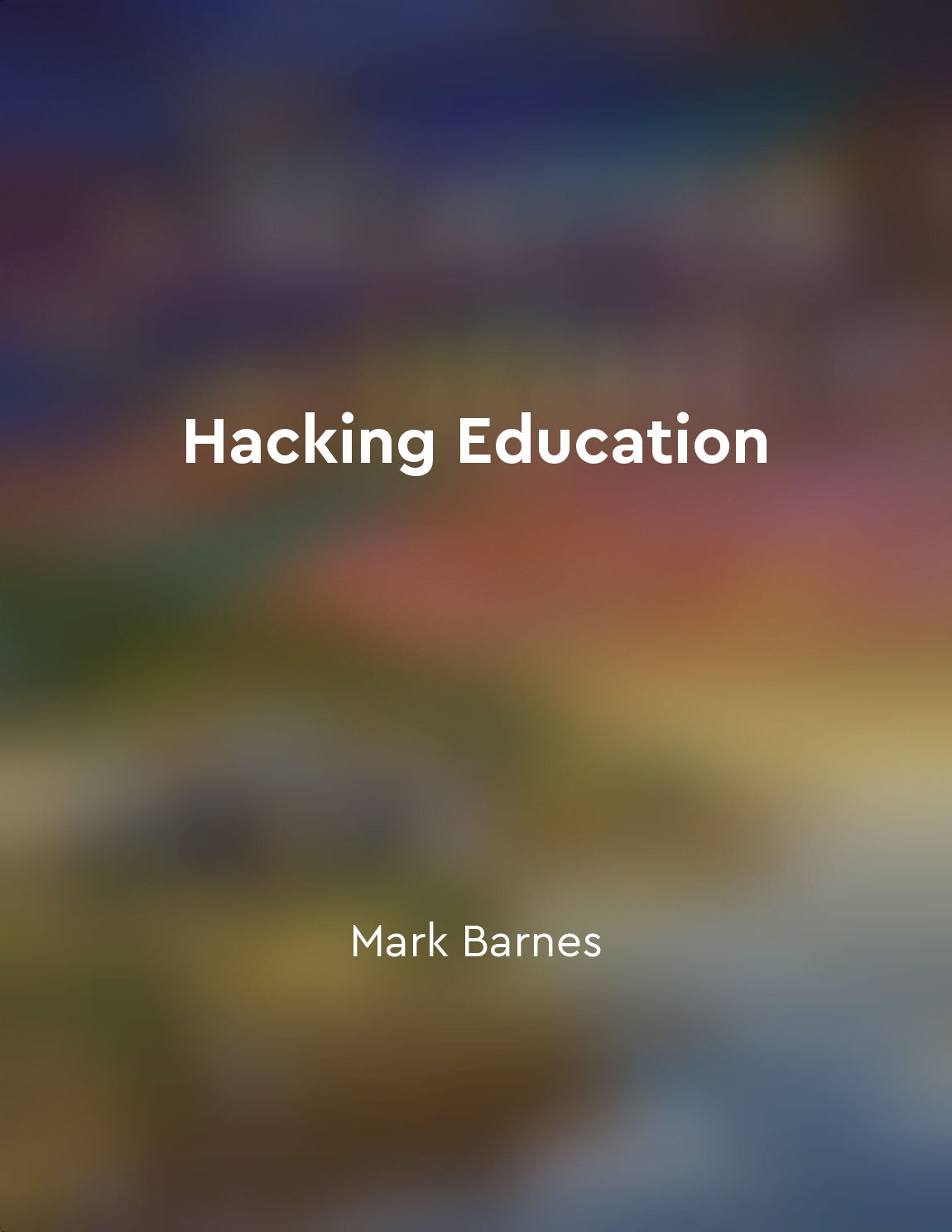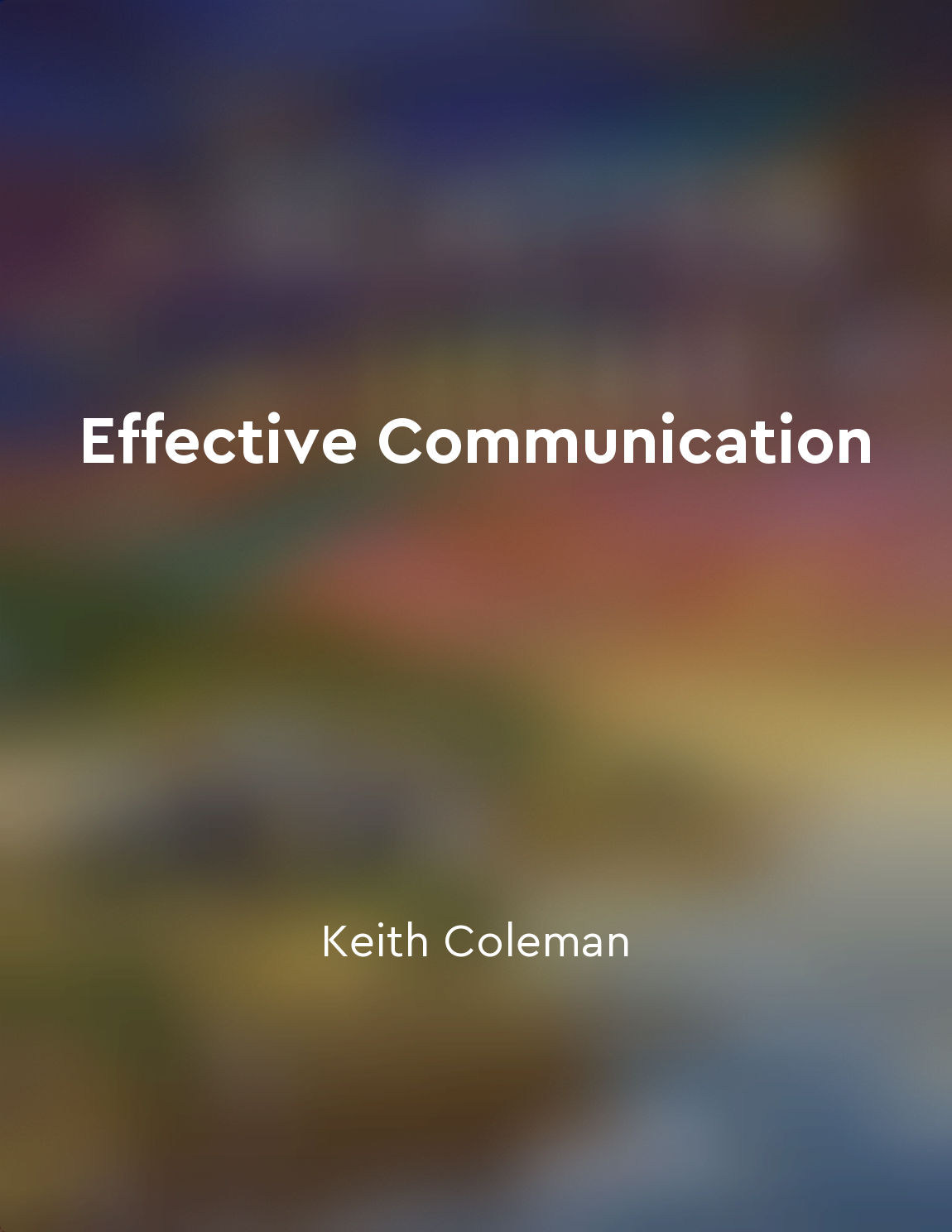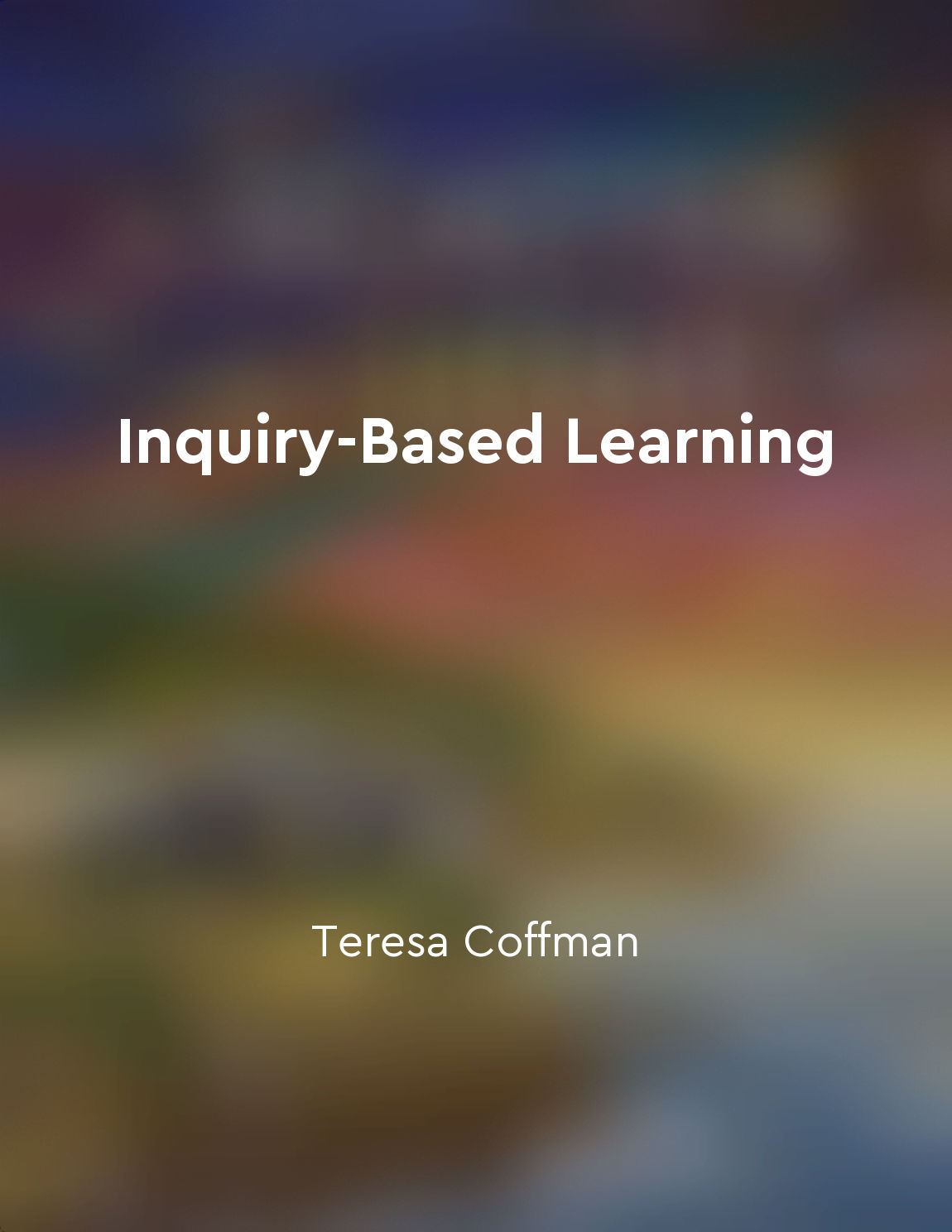Teachers should be facilitators of learning rather than dispensers of information from "summary" of The Schools Our Children Deserve by Alfie Kohn
The traditional image of a teacher involves standing in front of a class, delivering information to passive students who are expected to absorb that information. This model of education positions teachers as the primary source of knowledge, responsible for dispensing facts and figures to be memorized by students. However, this approach is fundamentally flawed, as it fails to recognize the dynamic nature of learning and the individual needs of students. In reality, learning is a complex process that involves active engagement, critical thinking, and personal meaning-making. Students are not empty vessels waiting to be filled with information; they are active participants in their own learning journey. As such, teachers should shift their role from being mere dispensers of information to facilitators of learning. Facilitating learning means creating a supportive environment where students can explore ideas, ask questions, and make connections. It involves guiding students through the learning process, encouraging them to think critically, and fostering a deep understanding of the material. Instead of simply delivering information, teachers should help students develop the skills and mindset necessary to become independent learners. By adopting a facilitative approach, teachers can create a more dynamic and engaging learning experience for students. Rather than passively receiving information, students are actively involved in constructing their knowledge, drawing on their own experiences and perspectives. This not only enhances their understanding of the material but also fosters a sense of ownership and autonomy over their learning. In order to be effective facilitators of learning, teachers must be attuned to the individual needs and learning styles of their students. This requires a shift away from a one-size-fits-all approach to education and towards a more personalized and student-centered model. By recognizing and valuing the unique strengths and interests of each student, teachers can create a more inclusive and supportive learning environment.- The goal of education should be to empower students to become lifelong learners who are capable of thinking critically, solving problems, and adapting to a rapidly changing world. By embracing their role as facilitators of learning, teachers can help students develop the skills, knowledge, and mindset necessary to succeed in the 21st century.
Similar Posts

Embrace change in education
To truly transform education, we must be willing to embrace change. Change is not always easy, but it is necessary for progress...
Emphasize the importance of perseverance in achieving success
In order to achieve success, it is crucial to understand the value of perseverance. Perseverance is the ability to keep going d...

Transparency builds trust
When we are transparent in our communication, we are open and honest about our thoughts, feelings, and intentions. This opennes...
Teachers should provide feedback and guidance rather than simply assigning grades
The real question is not whether students should be graded but whether they should be coached. Grades themselves are to blame f...

Students ask questions and seek answers
The essence of inquiry-based learning lies in the fundamental idea that students are encouraged to actively engage in the learn...
Curriculum should be flexible and responsive to student interests and needs
The idea that curriculum should be flexible and responsive to student interests and needs is not just a recommendation; it is a...
Learning by doing leads to deeper understanding and retention of information
The act of engaging in hands-on experiences while learning plays a crucial role in the development of a deeper understanding an...
Leveraging storytelling for learning
Storytelling has been a powerful tool for learning throughout history. From the earliest days of human civilization, stories ha...
Cultivating a love for learning is fundamental
The best law teachers understand that fostering a genuine passion for learning is crucial to their students' success. This conc...

Student engagement is key
To truly foster a successful inquiry-based learning environment, it is crucial to understand the central role that student enga...

